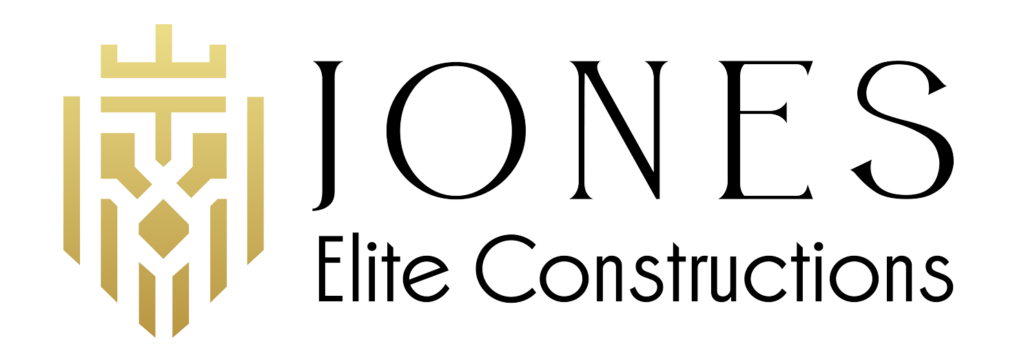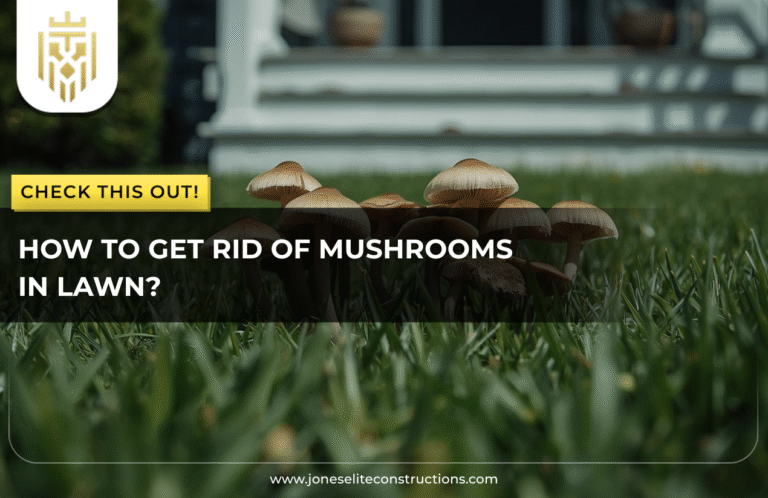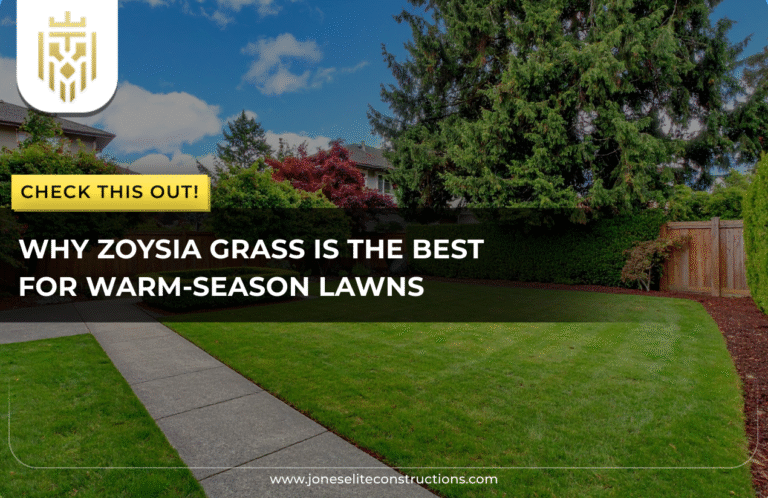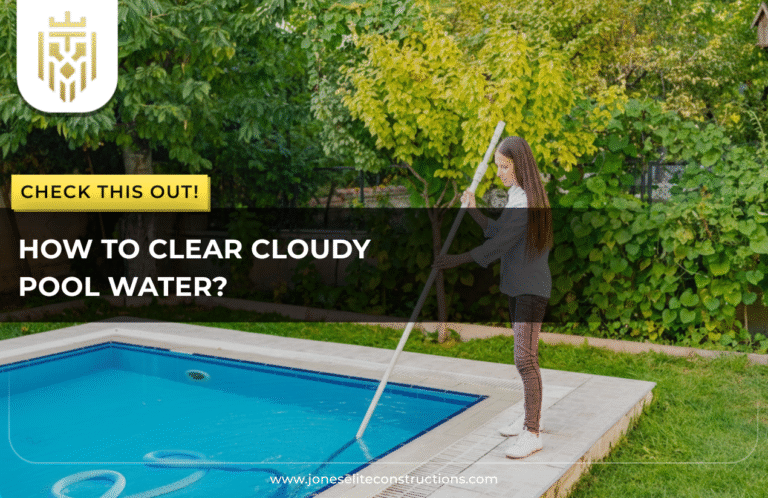What Is Vinyl Flooring?
This synthetic option is purely flooring based on PVC, acrylic, or polyurethane that tries to simulate wood, stone, and ceramic tiles. Vinyl floors are a layered structure, giving them durability, flexibility, and a waterproof nature, which makes them an apt floor choice both for homes and commercial spaces in today’s world. Vinyl flooring is a synonym of functional design and is cheap to install, and so homeowners with a bit of design consciousness pick this option, wanting something high in performance and low on maintenance.
Types of Vinyl Flooring
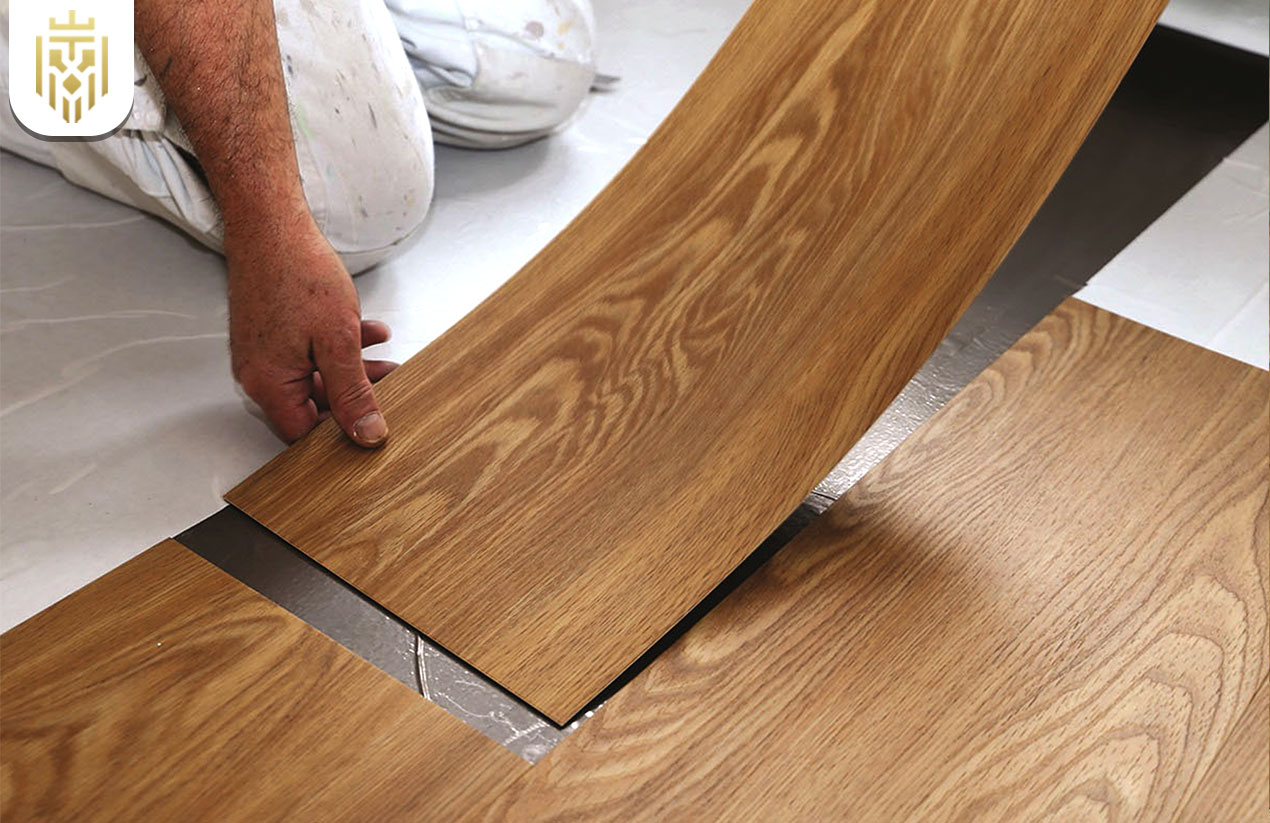
Vinyl flooring is available in several forms, each offering its own benefits in terms of look, installation, and durability.
-
Vinyl Sheet Flooring
This one comes as a continuous, flexible sheet of vinyl rolled out in big sections. It offers seamless coverage, reigning high on its water resistance reputation. Hence, it is perfect for kitchens, baths, or basements. It offers the economically favored alternative for a large space.
-
Vinyl Tile Flooring (VCT)
Consisting of square tiles, VCT is known for being economical and easily replaceable and is thus favored in commercial applications. Also, VCT stands up to polishing on and off to the shine, but it does offer a fair amount of resistance in several patterns.
-
Luxury Vinyl Tile (LVT)
Luxury vinyl tile is a more technically advanced and more visually appealing version of vinyl tiles. It offers a better look of natural stone or ceramic tile than LVT while also being softer underfoot and quieter to walk on.
-
Luxury Vinyl Plank (LVP)
Luxury vinyl plank mimics hardwood flooring with realistic textures and grain patterns. LVP is scratch-resistant, water-resistant, and easier to install than real wood, making it a favorite for high-traffic and moisture-prone areas.
Benefits of Vinyl Flooring
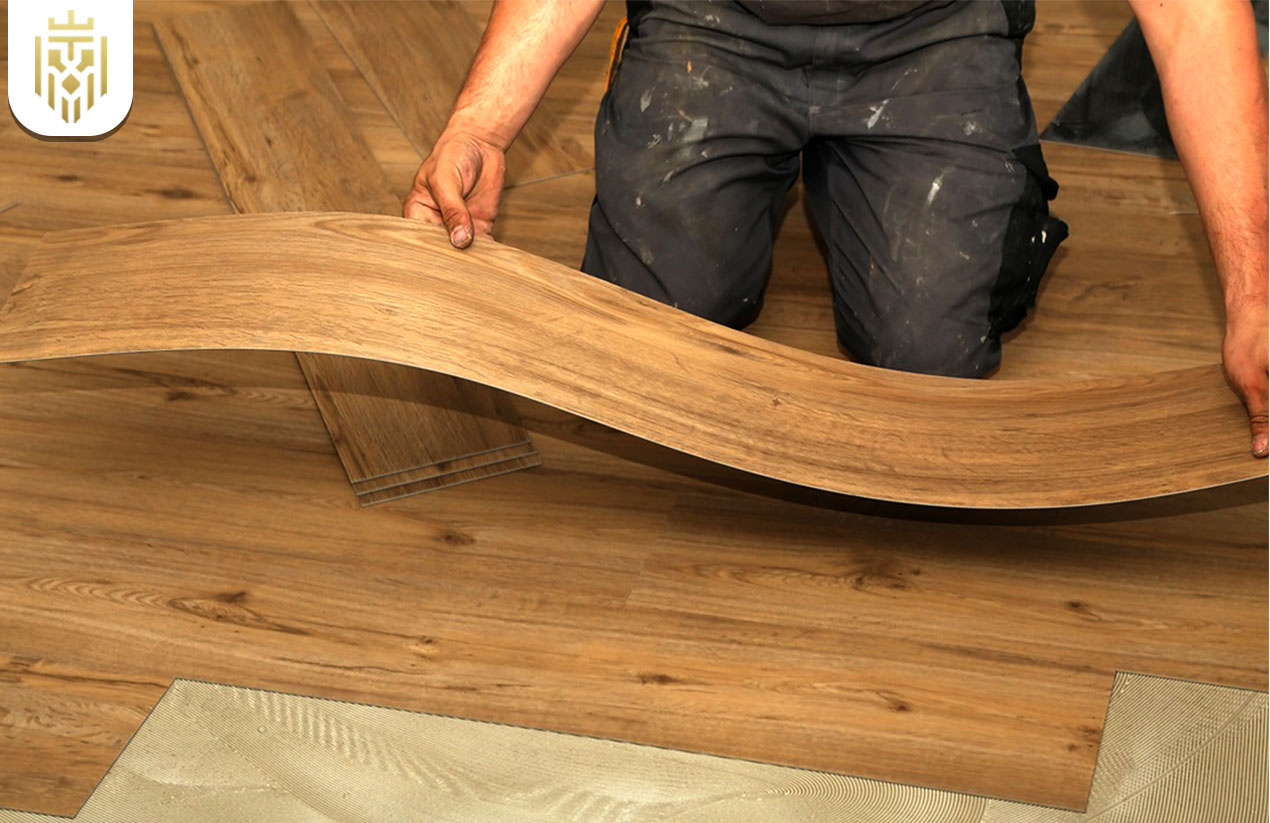
Vinyl flooring isn’t just about looks—it brings practical advantages that make it suitable for a variety of spaces.
-
Water-Resistant and Durable
Among many other features, water resistance is the most sought-after attribute of vinyl. Bills are considered as spills or moisture, say in bathrooms, laundry rooms, or kitchens, and will never warp or stain.
-
Easy to Install and Maintain
Most vinyl products are click-lock or peel and stick, far in advance of the traditional method of gluing or mastic. Little maintenance is needed once installed; sweeping now and then and an occasional damp mop are probably all that is required.
-
Stylish Appearance
Vinyl flooring comes in myriad patterns, textures, and finishes, imitating a wide variety of materials like oak, marble, slate, or ceramic. It allows you to design any way you like without the extra price of high-end materials.
-
Pet and Kid Friendly
Being resilient and soft underfoot, vinyl flooring is perfect for a house with kids and a pet or two. It resists scratches, is slippery, and stands as a safe and comfortable surface for playing.
What is the difference between vinyl and laminate flooring?
Vinyl and laminate flooring share certain similarities in appearance, but there are fundamental differences in the methods of construction and performance. Vinyl flooring consists solely of synthetic materials, which gives it superior water resistance and makes it more suitable for wet conditions. Laminate has a wood-based core, which makes it better suited to dry conditions.
In terms of feel, laminate tends to be slightly thicker and harder underfoot, whereas vinyl offers more flexibility and a softer walking surface. Both are easy to install and maintain, but if water exposure is a concern, vinyl is the safer choice.
Best Places to Use Vinyl Flooring
Vinyl flooring can be installed just about anywhere, making it a very versatile product. Topical in areas that hold moisture, such as bathrooms, kitchens, laundry rooms, and basements, this flooring type could also be used in family rooms, hallways, or even bedrooms since it is durable and comfortable.
Commercial spaces such as retail shops or offices also make great use of it because of its affordability and durability.
FAQs
1) What is vinyl flooring?
Vinyl flooring is the most common synthetic-type floor that tries to mimic wood, stone, or tile using a vinyl composite material.
2) What are the different types of vinyl flooring?
These include vinyl sheet flooring, VCT, LVT, and LVP, each possessing different strengths and uses.
3) What is the difference between vinyl and laminate flooring?
Vinyl, being plastic, is more water resistant, whereas laminate has a wood core and is thus suited for drier spaces.
4) What are the benefits of vinyl flooring?
It is durable, water-resistant, stylish, easy to install, and family-friendly.
